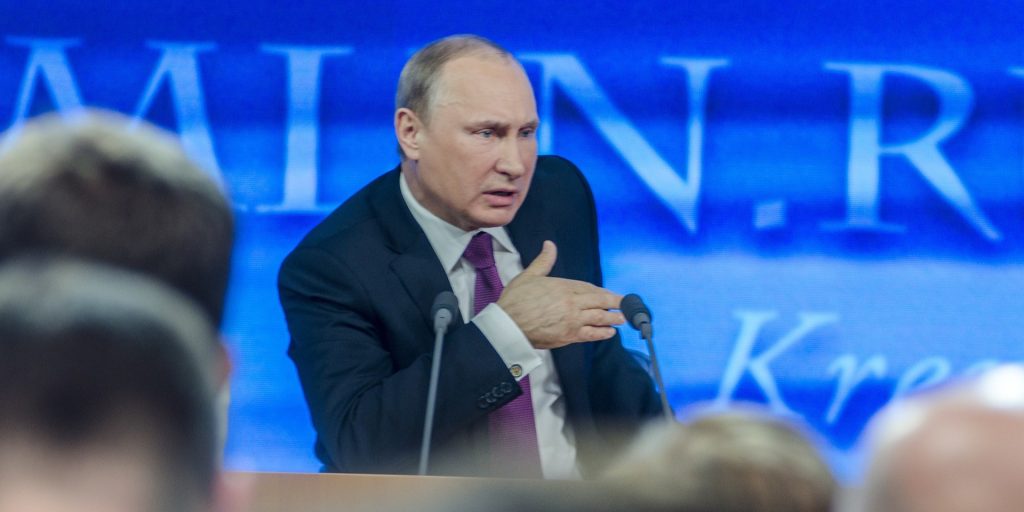These outcomes were celebrated on Russian state television as victories not only for AfD but also for Moscow.
Others are reading now
Russian state media and experts have enthusiastically welcomed the recent success of far-right parties in Germany’s regional elections, interpreting the results as advantageous for the Kremlin’s goals in Ukraine and a challenge to German democracy.
Celebrated by State Television
The far-right Alternative for Germany (AfD) party, long favored by Russian propaganda, achieved significant victories, particularly in Thuringia, where it took first place, and in Saxony, where it secured a strong second place.
These outcomes were celebrated on Russian state television as victories not only for AfD but also for Moscow, according to Digi24.
Russian commentators see the election results as reflecting German dissatisfaction with Berlin’s policies toward Russia, including its support for Ukraine and sanctions against Moscow.
Also read
According to some Russian analysts, these developments could weaken Germany’s political stability and undermine its role as a key supporter of Ukraine in the ongoing conflict.
Russia views the success of parties like AfD and the far-left Sahra Wagenknecht Alliance (BSW), which also performed well, as a potential opportunity to shift German foreign policy in Moscow’s favor.
Downplays Neo-Nazi Rhetoric
Experts like Austrian political scientist Gerhard Mangott suggest that the Kremlin is pleased with these results for three main reasons. First, the presence of far-right and far-left parties in German politics could destabilize the country’s political system.
Second, this instability could reduce Germany’s support for Ukraine, weakening the international coalition against Russia. Finally, Russia uses these outcomes to reinforce its domestic narrative, portraying Western democracies as politically unstable while positioning itself as a bastion of stability.
Despite the AfD’s controversial far-right positions and past associations with neo-Nazi rhetoric, Russian media continues to downplay these aspects, focusing instead on the party’s Eurosceptic and nationalist stances, which align with Russia’s strategic interests.


